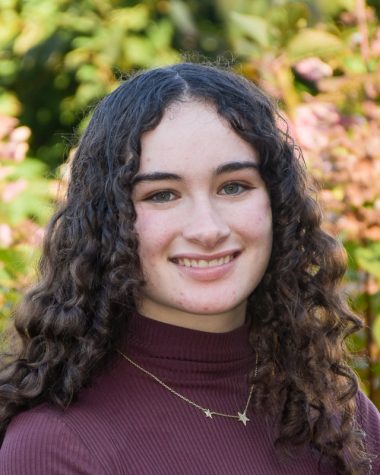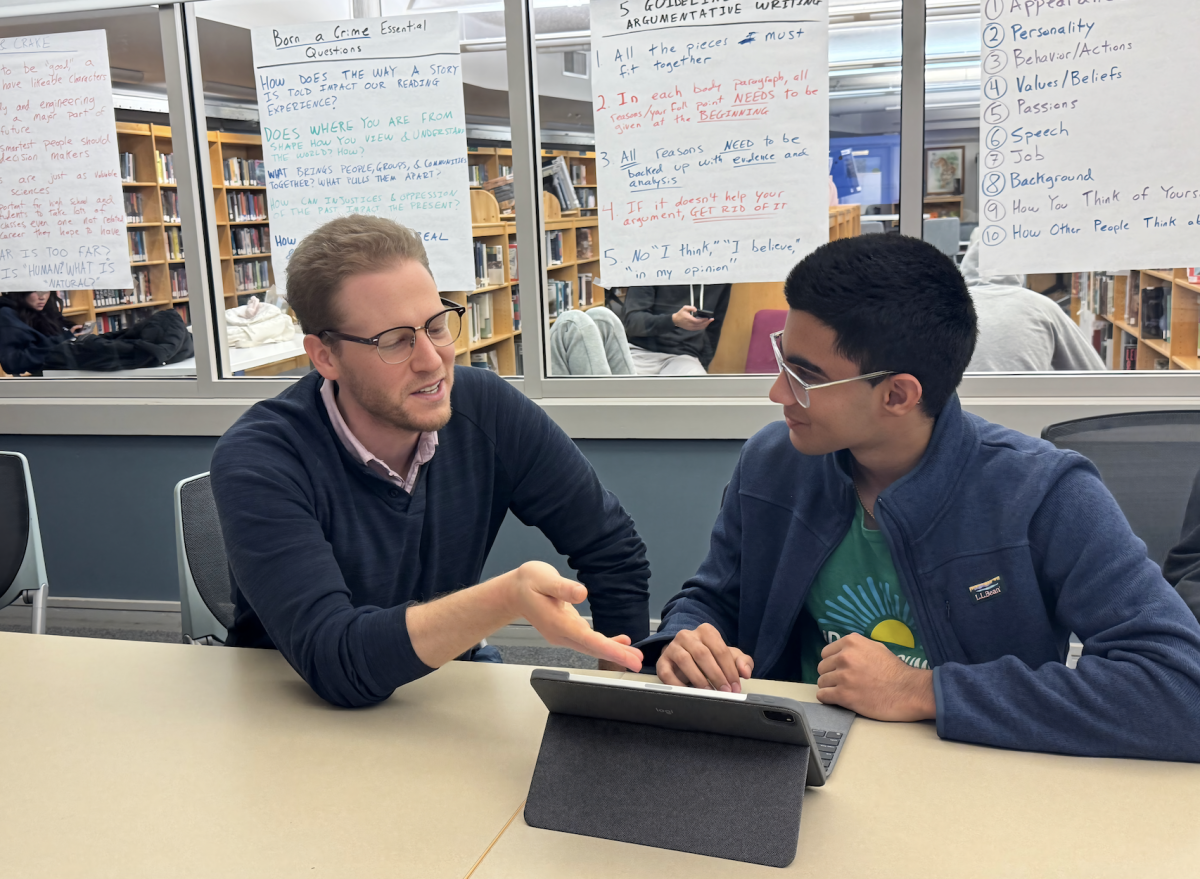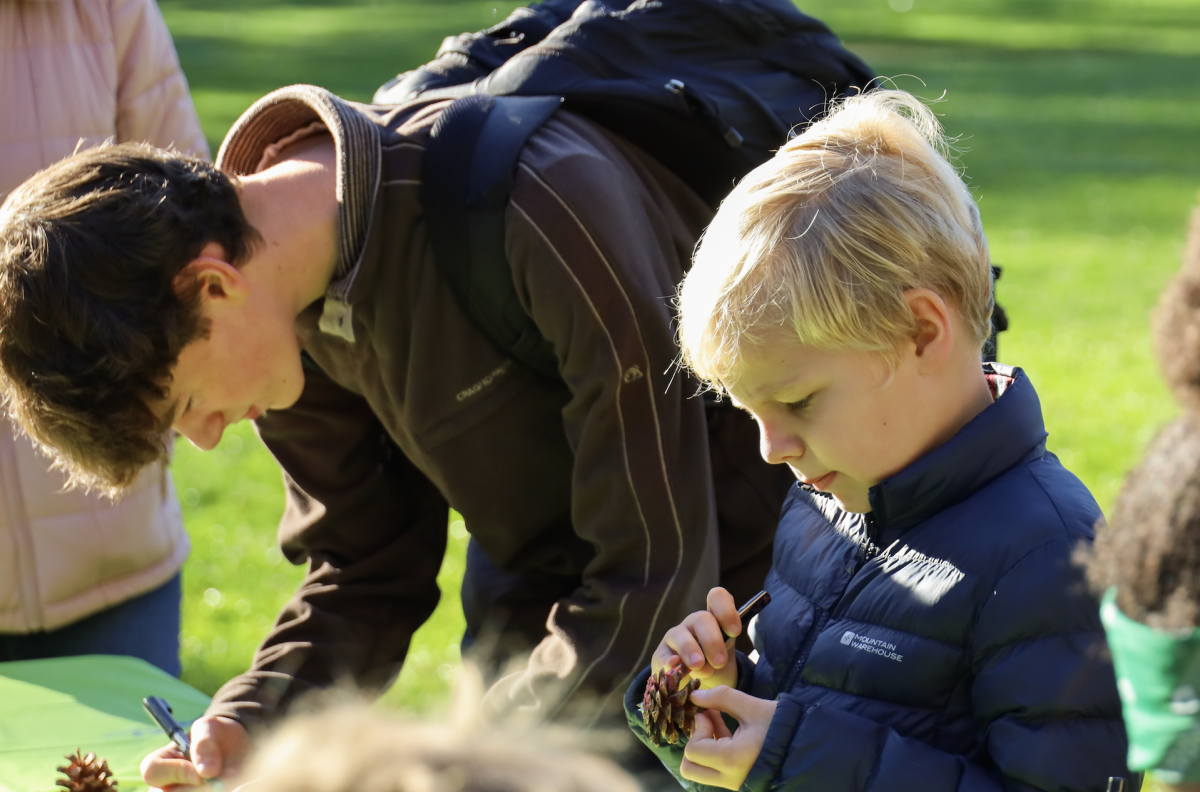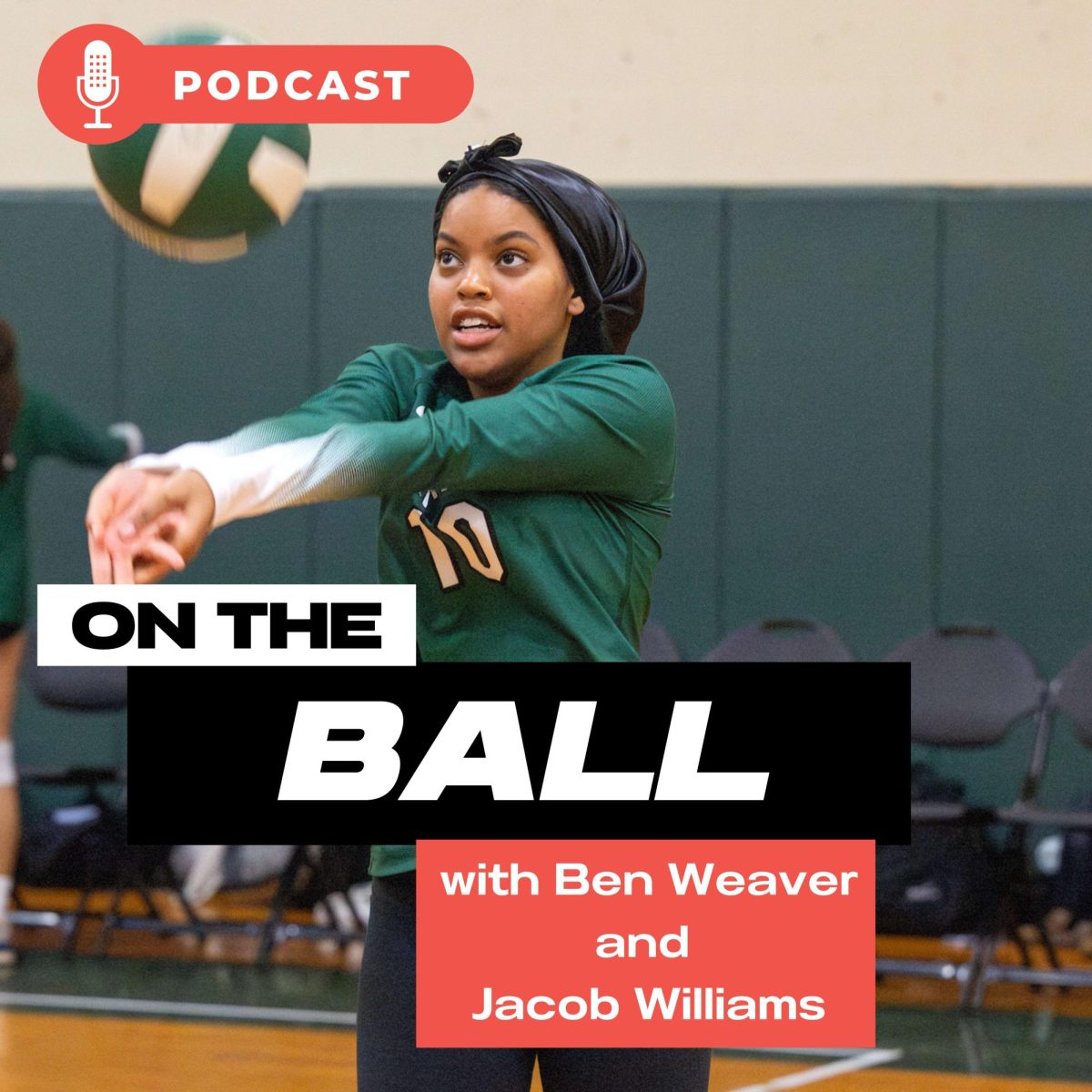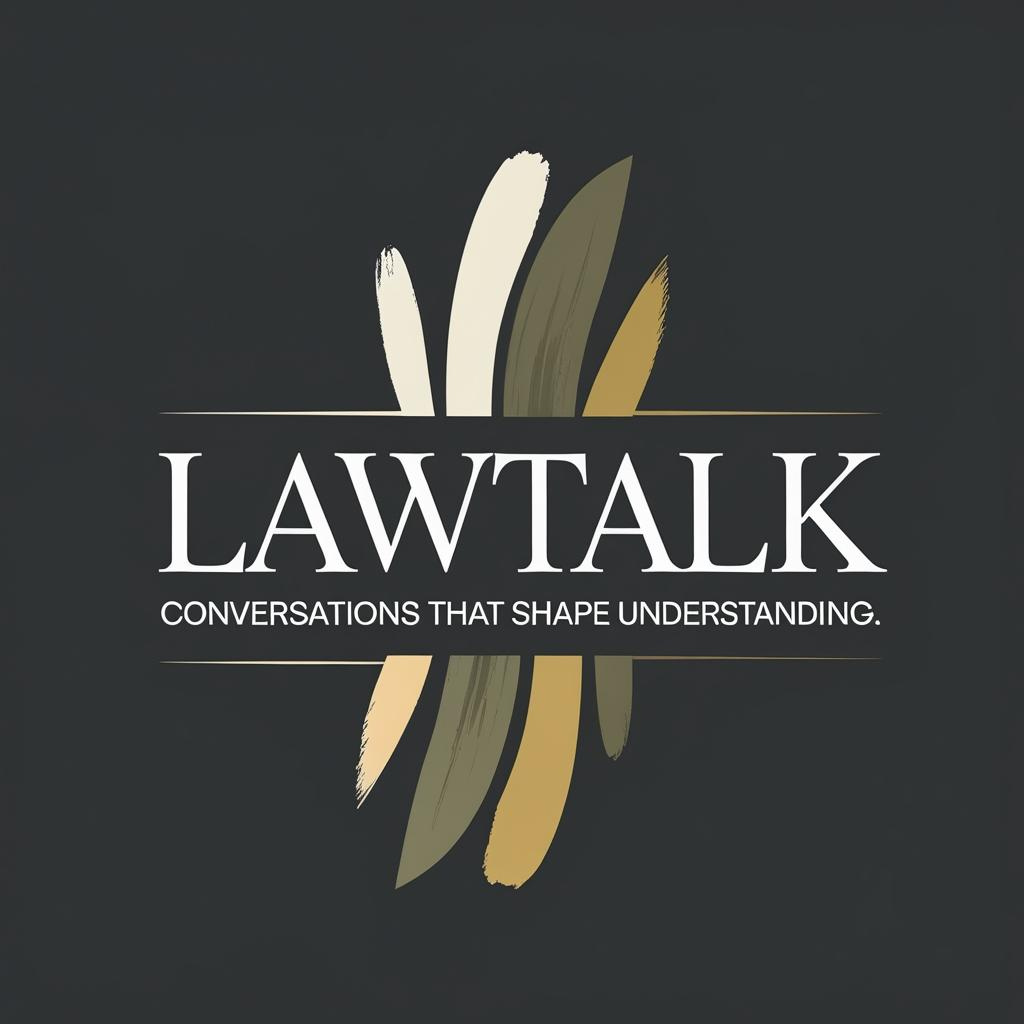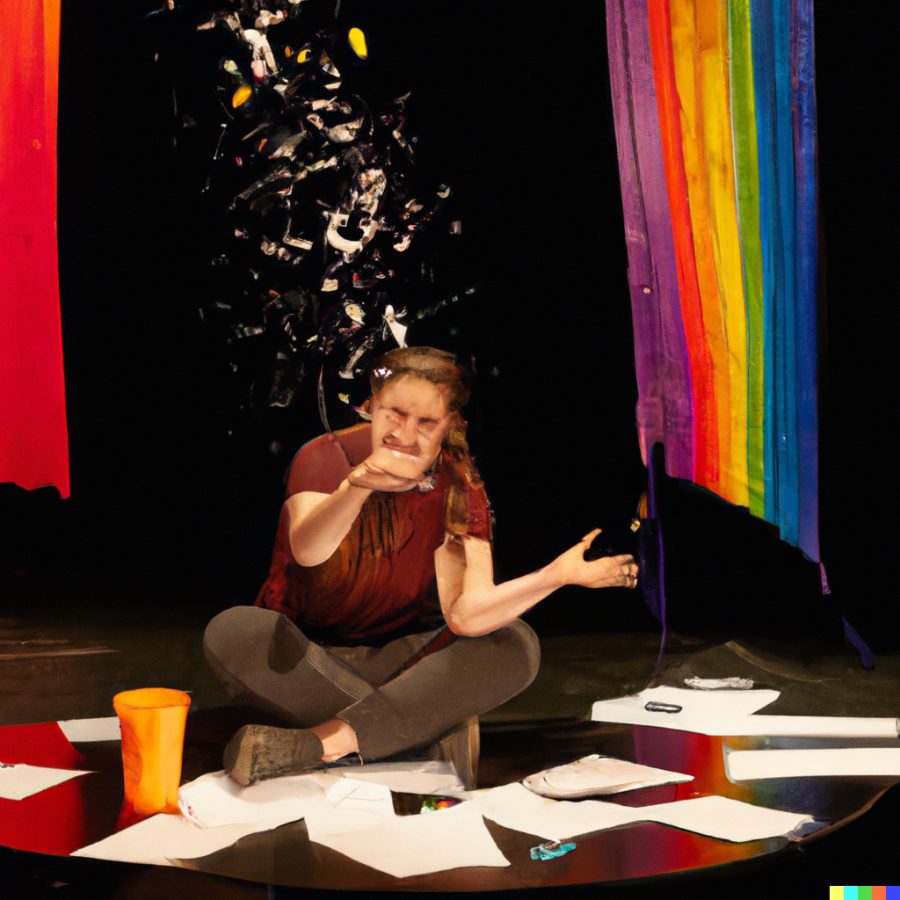Op-Ed: I’m an Artist, AI Doesn’t Scare Me
Photo created by Created by Dall • E.
An abstract generated illustration of “playwright.” I’m still not impressed or threatened.
There’s no doubt about it, Artificial Intelligence is here to take over. Well, to take over headlines, at least. Even The Gator has published multiple perspectives on the technology everyone’s talking about, from op-eds to teacher reflections.
And it’s not without reason. At the start of the year, AI chatbot, ChatGPT, blew up in popularity. Suddenly, the world was made aware of a technology that could write full essays and create dialogues almost instantaneously from a simple prompt.
With this, serious moral questions become the forefront of discussion, some that might be answered far too late. Of course, there’s the debate over academic honesty, but there is also the larger, underlying debate over how this technology will conflict and compete with human workers. From medical care, to journalism, to art, one AI program has the ability to learn the jobs of hundreds.
I’m a writer—a playwright, specifically, and I’ve found that has allowed for a unique perspective on what I’m calling my newest competition. It can take me weeks, if not months, to write a play. Suddenly, technology is being popularized that can draft up a short scene in roughly the amount of time it takes me to settle on a title. Soon, all a producer could have to do is type in a rough idea for the seasons-biggest hit, wait a few minutes, grab it hot off the proverbial presses, hand it to a director (granted that said producer didn’t also ask the AI to generate instructions for blocking and design choices), and bam, Broadway has its latest hit, anything I could possibly do is obsolete, and all that’s left is to just to curl up, hide, and give up forever.
Yeah, I’m not too concerned about that happening.
But I have had people come up to me and genuinely ask if I’m worried about such a scenario. It has been implied to me, in a way that I only take as only half joking, that with AI technology, the days of the writer, even, or especially, the creative writer like me, may be coming to an end.
Call me naïve, but I don’t see that at all.
It boils down to the fact that creativity is not, nor will ever be, a finite resource. I can’t despair about AI having the ability to write plays that could theoretically “compete” with mine. There are already thousands of humans doing the same thing as they have for centuries. If anything, I see it at the very worst no more than one other “writer” in a sea of thousands. And I don’t consider these other writers as directly competing against me for the simple reason that there is no limit put on the amount of plays that are allowed to be written per year.
One thing does set this super-competitor apart, however. It can’t come up with any ideas of its own. Creative ideas are born from unique human experiences, interactions, hopes, and dreams. The generator will never be able to have that.
If it has nothing to go off of, it can’t create, end of story. I’ve played around with the generator plenty. It’s given me some mediocre-to-relatively-good mini scenes and summaries, but only when I provide a detailed framework. I’ve tried to play the role of the AI-age lazy writer and for fun plug in the summary of ideas that I’ve been brainstorming to see if the AI can do my job.
It can’t. Every time I’m disappointed that it can’t somehow magically take the scenes and characters forming in my head and create something spectacular. And then I remember: these vivid ideas exist solely in my brain, a place where the generator can’t read them, nor ever take them away from me. I don’t write because I want something easy or instantly gratifying, because believe me, it’s not. I write because I have stories and characters that I feel the need to bring to life. I couldn’t stop that even if I tried.
In addition, while creativity is a limitless resource, what the generator can do, is not. Once it is given a prompt, all it can take from is pre-existing materials from the internet and while the internet is a large space, it is a limited one.
I asked ChatGPT to write the summary for a musical adaptation of Paradise Lost done in the style of Dave Malloy – a favorite theater creator of mine. Here is an excerpt from what it said:
“”Paradise Lost: The Musical” is a contemporary retelling of John Milton’s classic epic poem, set to a haunting and eclectic score. The musical explores the timeless themes of temptation, rebellion, and the consequences of one’s actions. Inspired by the musical style of Dave Malloy, the show blends elements of cabaret, folk, and electronica to create a surreal and immersive experience. “Paradise Lost: The Musical” is a thought-provoking and emotional journey that invites audiences to question their own beliefs and to grapple with the timeless question of what it truly means to be human.”
While this does sound impressive on a first glance, on further dissection it means next to nothing. The themes and plot points are just the regurgitation of any Paradise Lost online summary and the music styles are taken from Malloy’s Wikipedia pages. And the final sentence is just a broad, vague statement stolen from pre-existing works.
While the technology is impressive for what it is, it’s never more impressive than genuine creativity and originality. Perhaps it could be useful as a search engine for potential prompts, but it will never replace or overpower human artists.
AI is a fascinating, and sometimes scary, new tool, but I have no fears of it making anything obsolete. I have enough faith that creativity and the drive of humanity to express themselves will persevere, no matter the era and what theoretical shortcuts appear.
